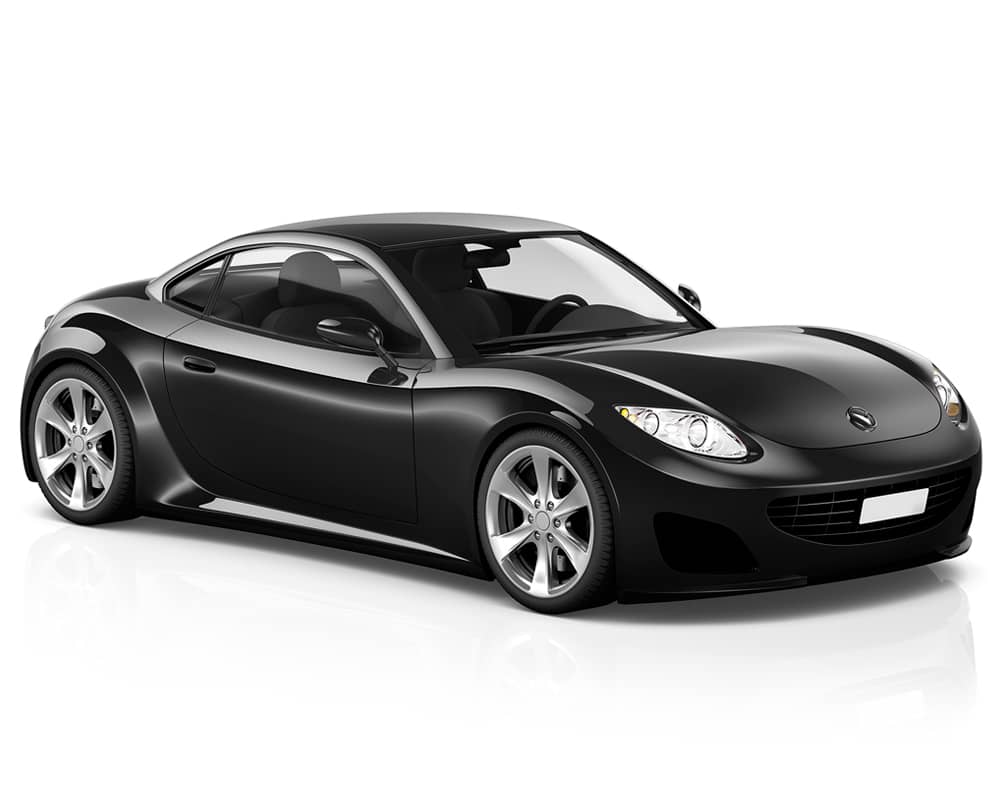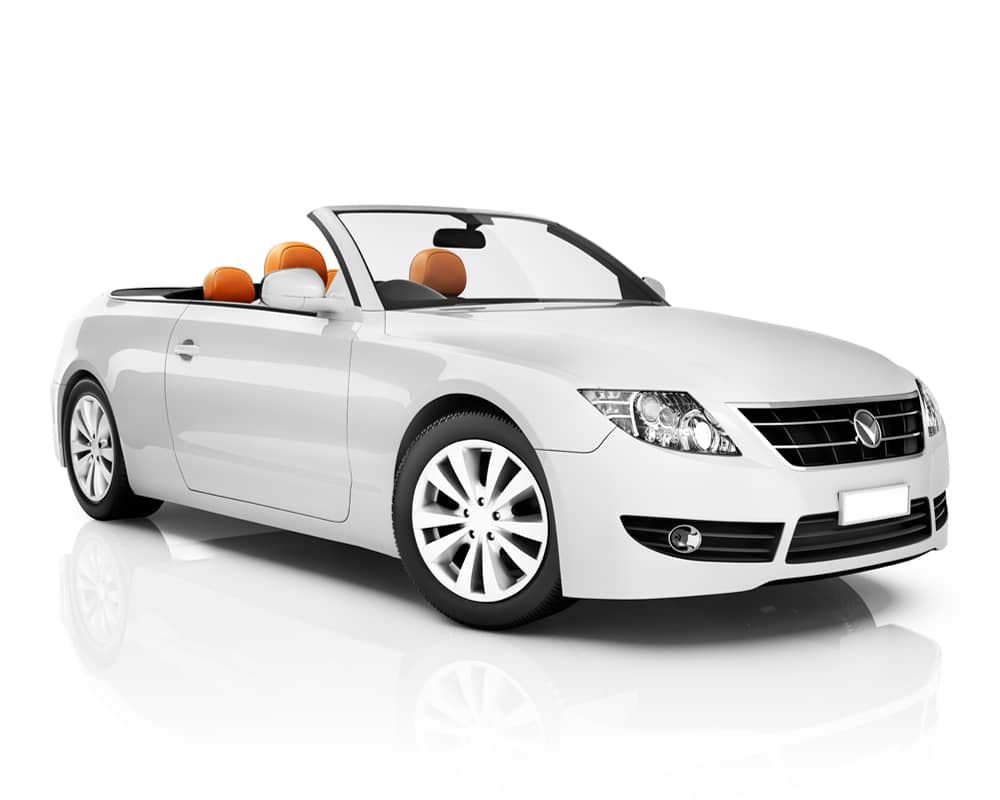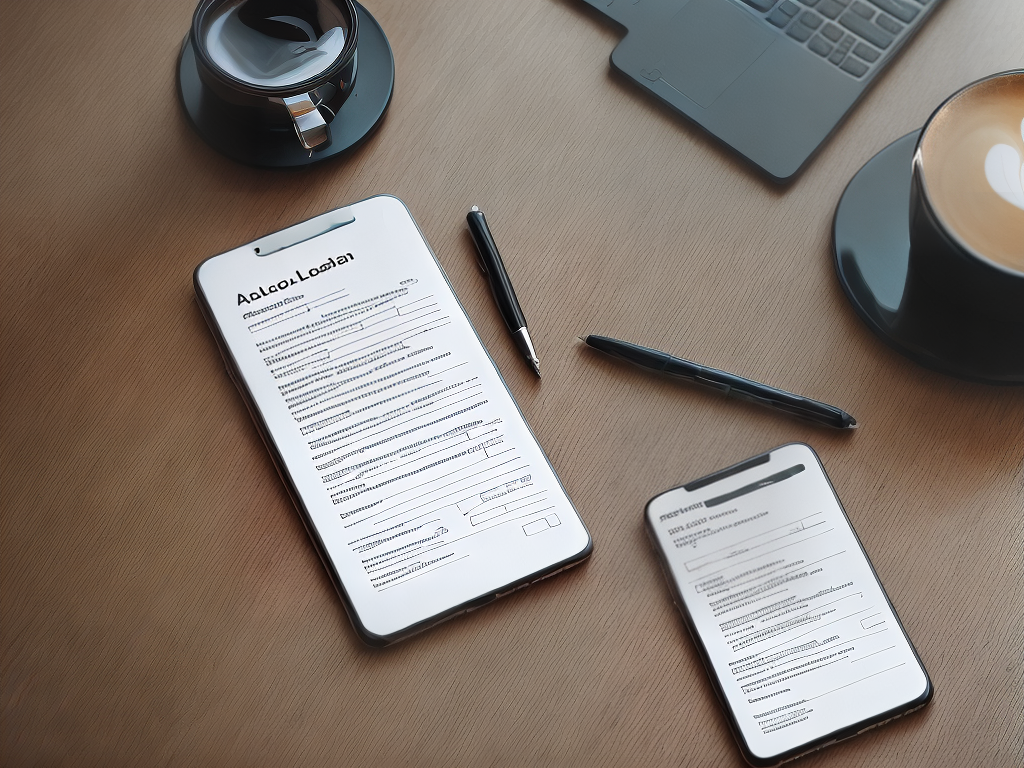When it comes to purchasing a vehicle, one of the biggest decisions you’ll have to make is whether to buy a new car or a used car. Each option has its own set of pros and cons, which can make the decision-making process overwhelming. In this article, we will explore the advantages and disadvantages of buying a new car versus a used car to help you make an informed decision.
Advantages of Buying a New Car
- Latest technology: New cars are equipped with the latest safety features and innovative computer technology that makes the driving experience safer and more enjoyable. Driver assistance features alert you to potential obstacles around your car, and some features even stop your car in case of an emergency [2].
- Financing deals: Car dealerships often offer special discounts and financing deals for new cars, such as cashback or 0 percent financing, making the vehicle a more affordable option [2].
- Less chance of breakdowns: New cars are less likely to break down than used cars and come with a factory warranty. Most new car warranties are bumper-to-bumper warranties, meaning most common repair costs are covered, and you may also get free roadside assistance with your purchase [2].
- Customization options: When you buy a new car, you have the option to choose the color, upholstery, accessories, trim level, and other features of the vehicle, and upgrade certain technological features of the car [2].
Disadvantages of Buying a New Car
- High cost: New cars are usually more expensive than used cars. Even if you can afford a brand-new car, you’ll need to decide if a new car is worth the high cost. You will also pay more in sales tax [2].
- Depreciation: Cars lose value with each passing month and mile, but the steepest decline happens in the first few years of ownership. New cars can lose up to 20 per cent of their value within the first year of ownership. If you plan to sell your car later on, you might not be able to sell it for enough to cover what you owe on the loan [2][3][9].
Advantages of Buying a Used Car
- Cheaper: The biggest benefit of buying a used car is that it’s usually cheaper, especially if you have your heart set on a particular model. Purchasing a used car that’s a few years old could help you save thousands of dollars. Plus, most of the depreciation has already happened, which can make it easier to sell the car in the future.
- Lower insurance rates: Used cars generally have lower insurance rates compared to new cars since they are less expensive to replace or repair. Additionally, some states require less insurance coverage for older cars [5].
- Lower depreciation: As mentioned earlier, new cars can lose up to 20 per cent of their value within the first year of ownership, while used cars have already undergone most of the depreciation. This means that the resale value of a used car will not decrease as much as that of a new car [3].
- More affordable customization: While you may not have as many customization options as when buying a new car, modifying a used car can still be more affordable. Used cars may have aftermarket parts already installed, or you can opt to install them yourself to save money [2].
Disadvantages of Buying a Used Car
- Unknown history: Since used cars have had previous owners, it can be challenging to determine their full history. While you can research a used car’s history using tools like Carfax, there is still a chance that something could be missed, such as accidents or damage [2].
- More maintenance required: Used cars may require more maintenance than new cars, especially if they have higher mileage. Maintenance costs can add up, and if you’re not careful, the total cost of ownership of a used car may surpass that of a new car [2].
- Higher interest rates: If you are financing a used car, you may encounter higher interest rates than if you were financing a new car. This is because used cars are perceived as higher-risk investments by lenders [2].
- Limited warranty: While some used cars may still have factory warranties, most do not. This means that you may have to cover repair costs out of pocket if something goes wrong [2].
Conclusion
When deciding whether to buy a new or used car, it ultimately comes down to your personal preference and financial situation. New cars offer the latest technology, financing deals, and customization options, but they come with a high price tag and steep depreciation. Used cars are more affordable, have lower insurance rates, and lower depreciation, but require more maintenance and have an unknown history. Whichever option you choose, make sure to do your research, compare prices, and take the car for a test drive to ensure it meets your needs and preferences.






